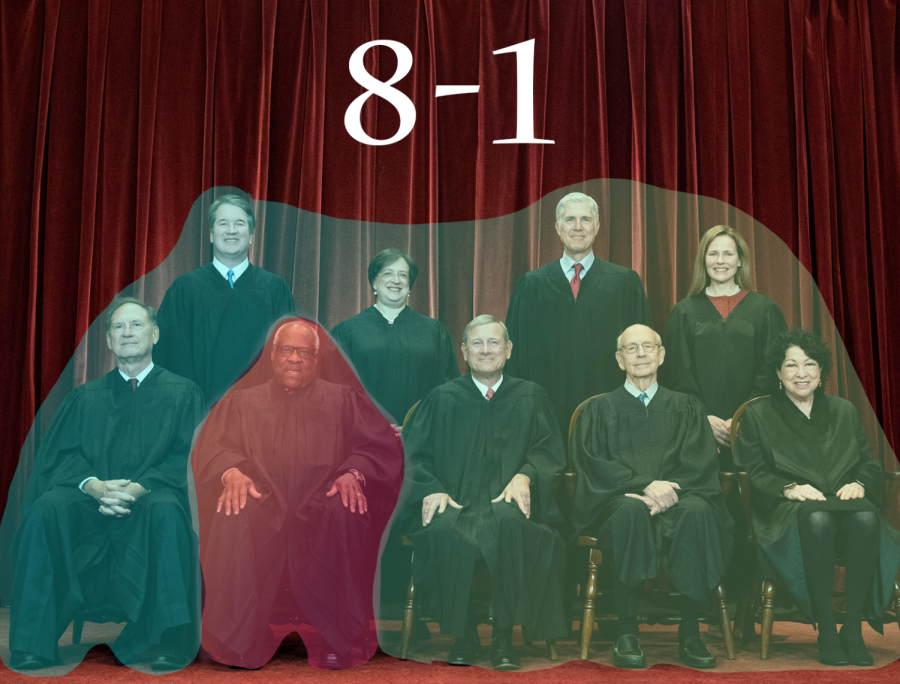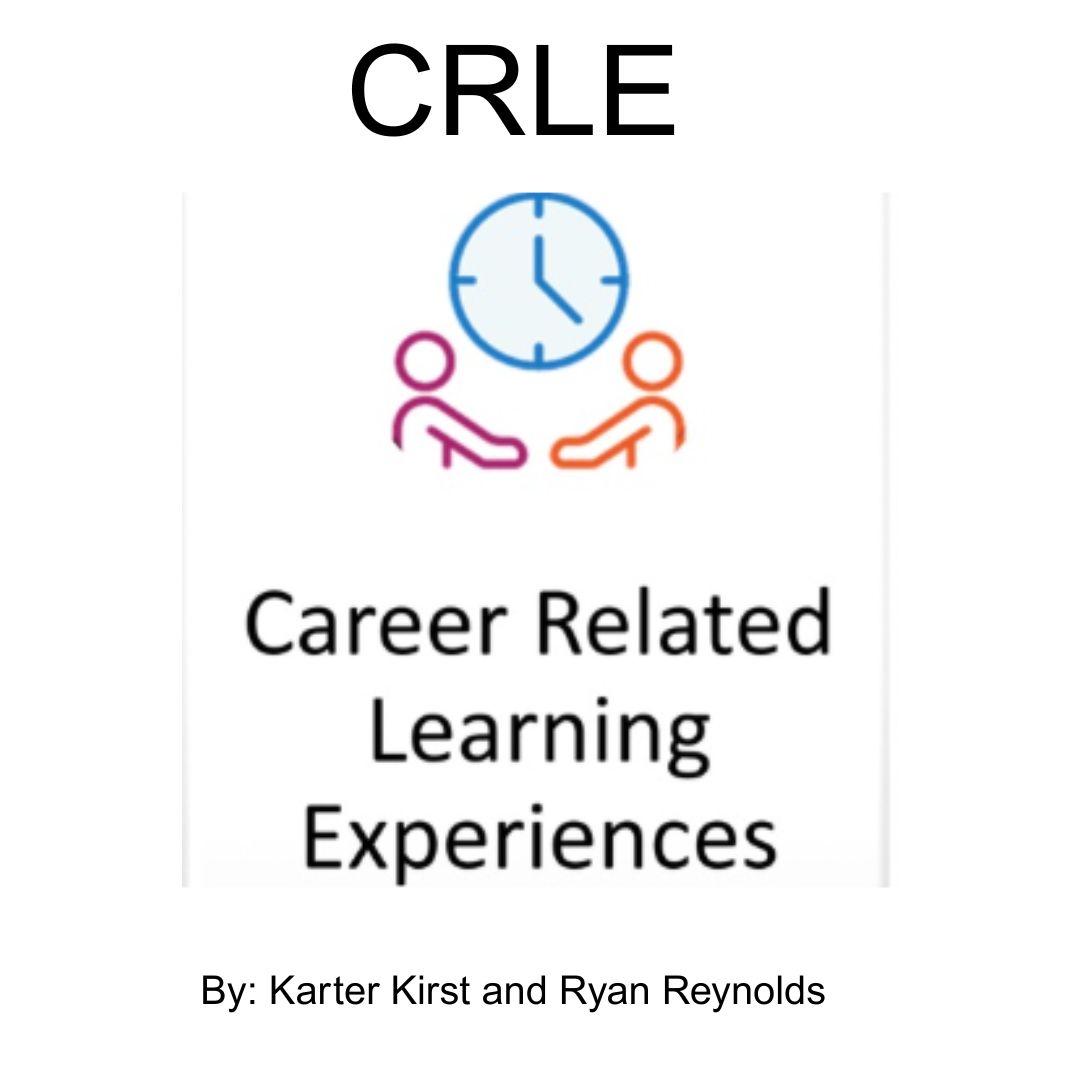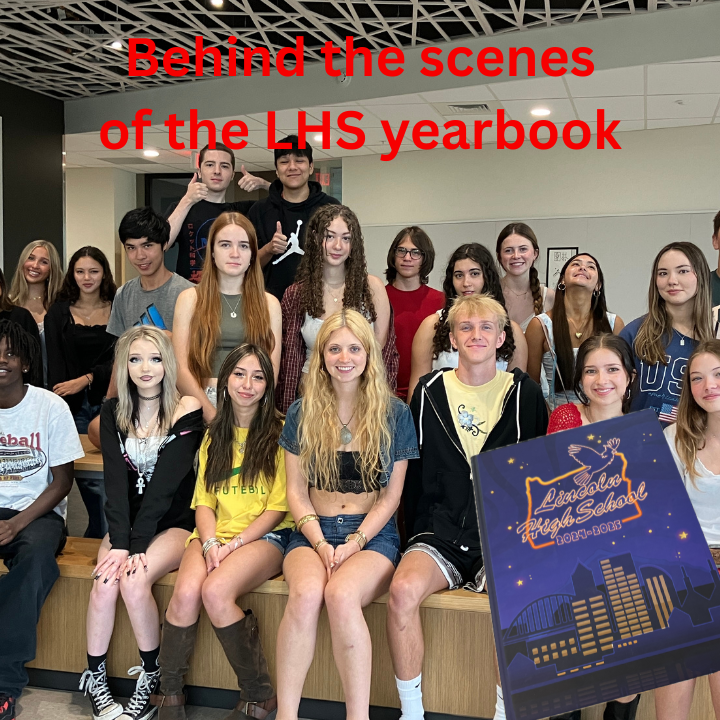Students sound off on free speech
Mahanoy v. B.L. was a 2021 United States Supreme Court case involving the ability of schools to regulate student speech made off-campus, such as speech made on social media. The Court ruled in favor of B.L. in an 8-1 decision. Past and present Lincoln students voiced their opinions on the Court’s decision.
February 28, 2022
American representative government relies on discussion and debate.
After the Parkland shooting in 2018, the teenage survivors used speech to encourage nationwide gun control legislation. Washington Post reporters Bob Woodward and Carl Bernstein kept representatives honest with daily reporting and investigative journalism coverage of the Watergate scandal. The National Women’s Party helped pass the 19th Amendment by publishing pamphlets and TV coverage helped end the Vietnam War.
Like other laws, free speech legislation has shifted and developed over time, especially regarding student free speech. In 1969, the Supreme Court said that public school students “do not shed their constitutional rights to freedom of speech and expression at the schoolhouse gate” (Tinker v. Des Moines). The Tinker ruling established that students can speak, write and publish articles and petition school officials.
However, the Court has decided that school officials can regulate certain types of student expression. For example, school officials may prohibit the use of vulgar and offensive language at school assemblies (Bethel v. Fraser, 1986), and can also prohibit students from displaying messages that promote illegal drug use (Morse v. Frederick, 2007). In 1988, the Court also ruled that educators can exercise editorial control over the content of a school newspaper so long as their actions were “reasonably related to legitimate pedagogical concerns” (Hazelwood v. Kuhlmeier). It is important to note that many states, including Oregon, have passed student freedom of expression laws which reestablish the Hazelwood standard.
A new student free speech issue was brought to the United States Supreme Court last summer.
Near the end of the 2016–17 academic year, Brandi Levy (B.L.), a ninth grader and junior varsity (JV) cheerleader at Mahanoy Area High School in Mahanoy City, Pa., tried and failed to make the school’s varsity cheerleading squad. The following weekend, Levy posted an angry and profane message on Snapchat expressing her anger at the apparent unfairness of the decision.
The picture self-deleted in a short period of time, but one of her teammates took a screenshot. By the time school resumed for the following week, the screenshot had been widely shared among students. At the end of the week, one of the coaches pulled Levy out of class to inform her that she was suspended from cheerleading for the next year as a result of her Snapchat Story. Levy’s parents appealed the suspension to the school board, which upheld it.
The case eventually made its way to the Supreme Court, which issued its decision on June 23, 2021. In an 8-1 majority decision written by Justice Stephen Breyer, the Court ruled in favor of Levy, stating that the First Amendment limits but does not entirely prohibit regulation of off-campus student speech by public school officials, and, in this case, the school district’s decision to suspend Levy from the cheerleading team for posting to social media vulgar language and gestures critical of the school violates her First Amendment rights.
Justice Clarence Thomas authored a dissenting opinion, arguing that schools have historically had the authority to regulate speech when it occurs off campus, so long as it has a proximate tendency to harm the school, its faculty or students or its programs.
_______________________________________________________________________________________
In my sophomore year, I was selected as a member of my school’s Constitution Team, which undertakes a rigorous 13-month study of constitutional law culminating in mock Congressional hearings. As a member of Unit Five, I became an expert on the Bill of Rights, memorizing dozens of Supreme Court cases and current events to back up my arguments.
The First Amendment piqued my interest in particular. As a public school student who is passionate about social justice issues and the editor-in-chief of my school paper, I have long been in favor of student free speech. When I heard about Mahanoy v. B.L., I was curious to see what others thought about the case, and the decision.
I asked past and present Unit Five members, who have a similar amount of knowledge on the issue of student free speech, the following question: Should public school officials be able to regulate off-campus student speech?
Their responses can be seen below, in alphabetical order by first name. Guest essays have been edited for clarity.
Alice Steele — Senior, Lincoln High School
I believe that schools shouldn’t be able to regulate off-campus speech. It has nothing to do with the school day, and could seriously impact the ability of people to express themselves freely if they thought that everything they were doing was monitored by their school officials. School is not our family, school officials are not our parents. It’s an important distinction to make, and there need to be boundaries between school and personal life. I think we all saw that during online school, when those boundaries seemed to blur. Feeling like classroom expectations and standards extend into your every action no matter where you are would be exhausting and unhealthy. School shouldn’t be inescapable and all-consuming.
My only concern would be the implications for cyber-bullying. If that falls outside of school’s powers to respond to, I can’t think of any other system that could effectively respond to it. Parents/guardians don’t really have any power over their child’s classmates’ actions. I know there are other Supreme Court cases, though, that indicate that schools could respond to cases of cyberbullying, as it does impact school.
Elliot Shin — Freshman, Stanford University
Yes, schools should be able to regulate off-campus speech, both on social media and in person, but only if there is a legitimate cause. At a basic level, schools take on parental responsibilities. I agree with Sir William Blackstone, who articulated the doctrine of loco parentis, in which he described that part of parental responsibilities is delegated to schoolmasters, in effect, giving them the powers of “restraint and correction” of the students. However, while a schoolmaster has jurisdiction over their students, schools should not limit all speech, making it necessary for conditions to be met before action can be taken. So, like decided in the Ninth Circuit Court Case Wynar v. Douglas Co. School District, I believe that speech should only be limited if there is “an identifiable threat of school violence.” All of this reasoning paired with logic from the majority in Morse v. Frederick, which argued that the Constitution offers lesser protection for students, makes it evident that schools have the power to regulate off-campus speech.
Izzie Lee – Sophomore, Lincoln High School
I do not think that school officials should be able to regulate off-campus student speech. As a practicality, it makes sense for schools to regulate speech that occurs inside of schools or during school events. But monitoring speech that is off-campus and after school hours would create a burden of 24/7 regulations on students, and discourage them from voicing their frustrations or engaging in unpopular ideas. This would conflict with the school’s interest, as a nursery of democracy, in educating students that all kinds of speech are essential for our system of self-governance. Though there are circumstances where off-campus student speech escalates, such as threats or defamation, law enforcement can be contacted or civil lawsuits can be filed as an alternative to school involvement. Lastly, it is important to note that allowing public school officials to regulate off-campus speech would create unequal treatment, given that it is not guaranteed that private institutions would do the same. This would ultimately mean that students who can afford to attend private schools could essentially buy freedom of speech, while public school students would be subject to restrictions.
Kate Bingham – Junior, Lincoln High School
I agree with the Court’s decision in Mahanoy v. B.L., because, as Justice Breyer wrote in the majority opinion, “sometimes it is necessary to protect the superfluous in order to preserve the necessary.” Often, schools seek to suppress off-campus speech that involves profane or violent statements directed towards specific teachers or students, such as B.L.’s social media post about the cheer coach from the Mahanoy case. I believe that this type of speech should not be regulated by school officials for two main reasons. First, these statements can be taken too seriously. At some point or another, most people complain about teachers or peers, and may use sarcasm and hyperbole to express their feelings. Most of the time, students have no actual intent to harm others, so focusing on suppressing this speech is often a waste of energy. Second, I fear that if school officials begin to regulate off-campus speech, it could lead to students having very few speech rights, or self-censoring for fear of punishment. Once schools start regulating off-campus speech, it could be hard to draw the line, potentially leading to a world where the majority of off-campus speech is subject to school discipline. Students should not feel like their speech can be continuously monitored just because they are students; they should have the same rights outside of school as any adult. The only time when I think it is acceptable for schools to regulate off-campus speech is when statements pose a genuine threat to school safety. Student safety needs to be prioritized over student speech in order to preserve the educational environment. Overall, public school officials should largely maintain a hands-off approach when it comes to student speech, so students can express their opinions without fear of censorship.
Rohan Yamin — Senior, Lincoln High School
Personally, I believe that public school officials should not be able to regulate off-campus student speech, unless it directly relates to the health and safety of a member of the student body/faculty. As is the case in Mahanoy v. B.L., it is the responsibility of the parent to regulate their children’s speech, if they are a minor, and not the school, which can be subjective in what it deems “appropriate.” We live in an increasingly politicized world, in which high school students are finding their voice in political activism. Students should not live in fear that their speech will have repercussions in the classroom. Examples of speech that directly relates to the health and safety of students include racial charged speech and threats of violence. As is the case in Mahanoy, swearing does not reach the high standards of speech protections that warrant faculty intervention.




